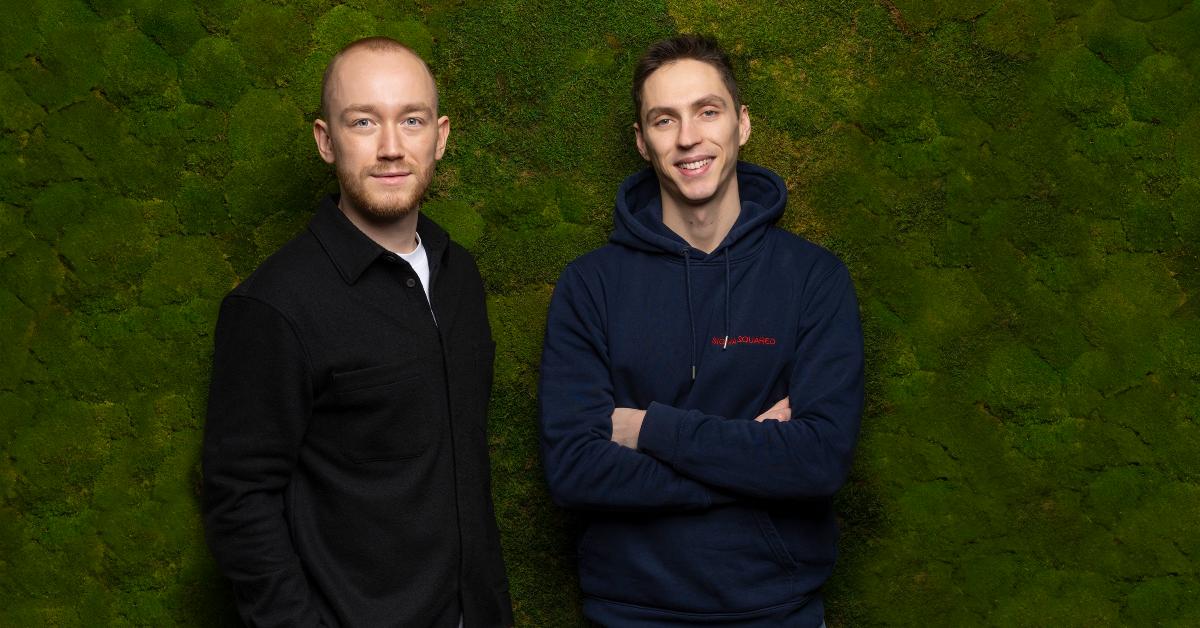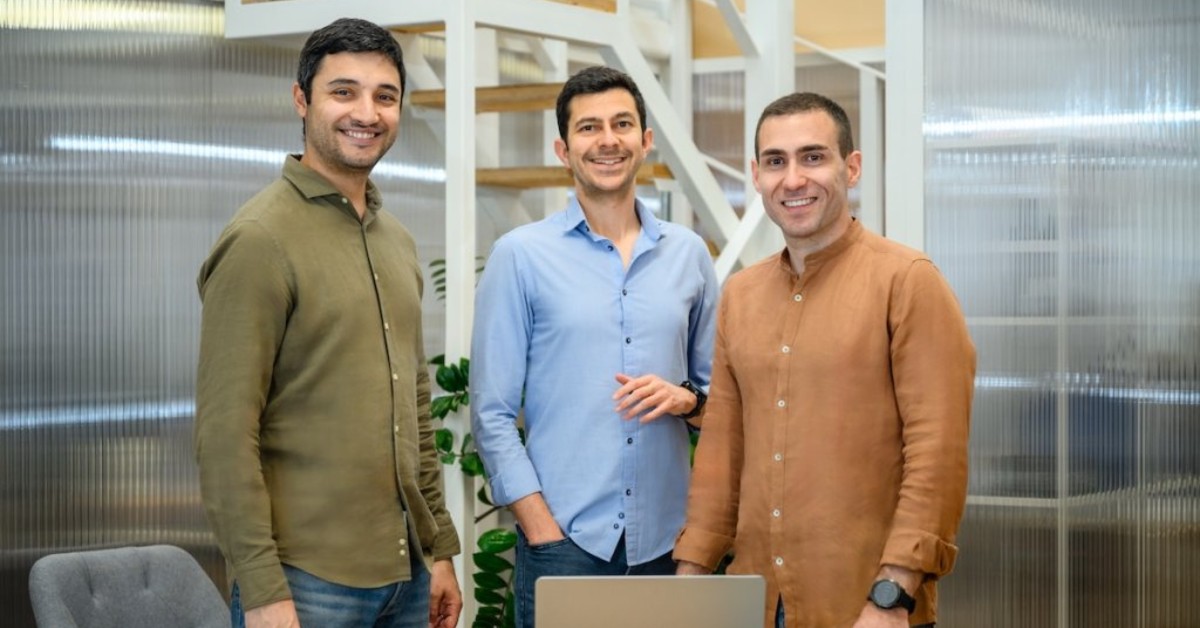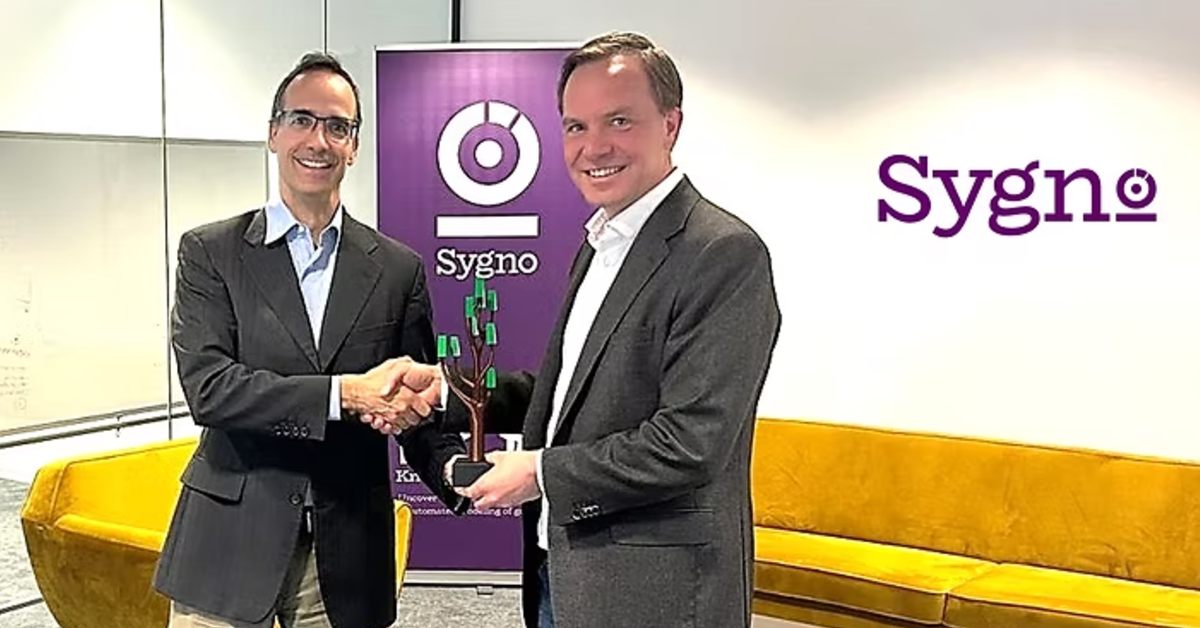Rotterdam-based Gradyent, a digital twin platform for heating and cooling grids, has raised €28M in an oversubscribed growth funding round.
The round was led by Blue Earth Capital, with participation from SEB Greentech Venture Capital and continued support from Capricorn Partners, Eneco Ventures, Helen Ventures, and Energiiq.
The proceeds will support the expansion of Gradyent’s Digital Twin Platform, team growth, and global expansion efforts aimed at optimising and transforming heating and cooling grids.
A digital twin platform is a software-based system that enables organisations to create and manage virtual representations of physical assets, processes, or systems. It is used for monitoring, analysis, and optimisation in various industries.
Mikko Huumo, Investment Manager at SEB Greentech Venture Capital, says, “Heating and cooling grids are decarbonising at record speed. Energy companies are replacing CO2-emitting heating units with diverse electrified assets, heat sources, and storage solutions, making optimisation more complex than ever before.”
“Gradyent’s Digital Twin Platform is perfectly timed and totally unique to take advantage of volatile electricity prices to deliver affordable low-carbon heating to their customers.”
Transforming heating grids
Heating and cooling systems use nearly 50 per cent of global energy. As they integrate multiple energy carriers, managing them grows more complex. Traditional software is insufficient, increasing the need for digital solutions to improve efficiency, decision-making, and reliability.
By 2030, demand for flexible assets like e-boilers, heat pumps, and combined heat and power (CHP) will grow tenfold, requiring better integration across heating, cooling, and electricity. This is where Gradyent looks to make a difference.
Founded in 2019 by Hervé Huisman and Robert Vrancken, Gradyent offers a digital twin platform to improve the management of heating and cooling grids.
The platform integrates geographical, weather, and sensor data with physics-based models and AI, allowing energy providers to optimise operations, enhance control, and simulate future scenarios. It helps reduce operating costs, lower CO2 emissions by up to 10 per cent, and decrease capital expenditures by up to 20 per cent.
Hervé Huisman, CEO and co-founder of Gradyent, says, “As heating and cooling grids become more integrated with other energy carriers, efficiently managing multiple energy sources is crucial. Gradyent’s Digital Twin Platform optimises, decarbonises and transforms even the most complex sector-coupled energy systems.”
“By enabling companies to coordinate generation and distribution across carriers while making cost-optimal decisions, we drive greater flexibility—helping businesses navigate this transformation, reduce emissions, and enhance long-term efficiency.”
Gradyent works together with companies throughout Europe, such as Veolia, Shell, Helen, and many others, and has a team of 120+ energy specialists, engineers, data scientists, and top-tier consulting alumni.
Gradyent’s collaboration
The Rotterdam-based company reports that Helen, one of Finland’s largest energy firms, is using its Digital Twin to enhance efficiency and lower CO2 emissions, contributing to the closure of a coal plant and a 40 per cent reduction in Helsinki’s heat production emissions.
Gradyent is also collaborating with Veolia, a district heating operator in Poland, to develop Digital Twins for optimising heating networks in Łódź and Poznań. This technology integrates heat demand, weather forecasts, and electricity pricing to assist dispatchers in managing operations and advancing Veolia’s shift to 4G district heating.
Additionally, Gradyent is working with Shell to test a Digital Twin for its steam grid at the Shell Energy and Chemicals Park in Rotterdam. This initiative aligns with Shell’s goal of cutting scope 1 and 2 emissions to net zero by 2050.










01
From Mexico City to Rotterdam: How the Dutch Startup Visa launched Estefania Hernandez’s HR tech revolution